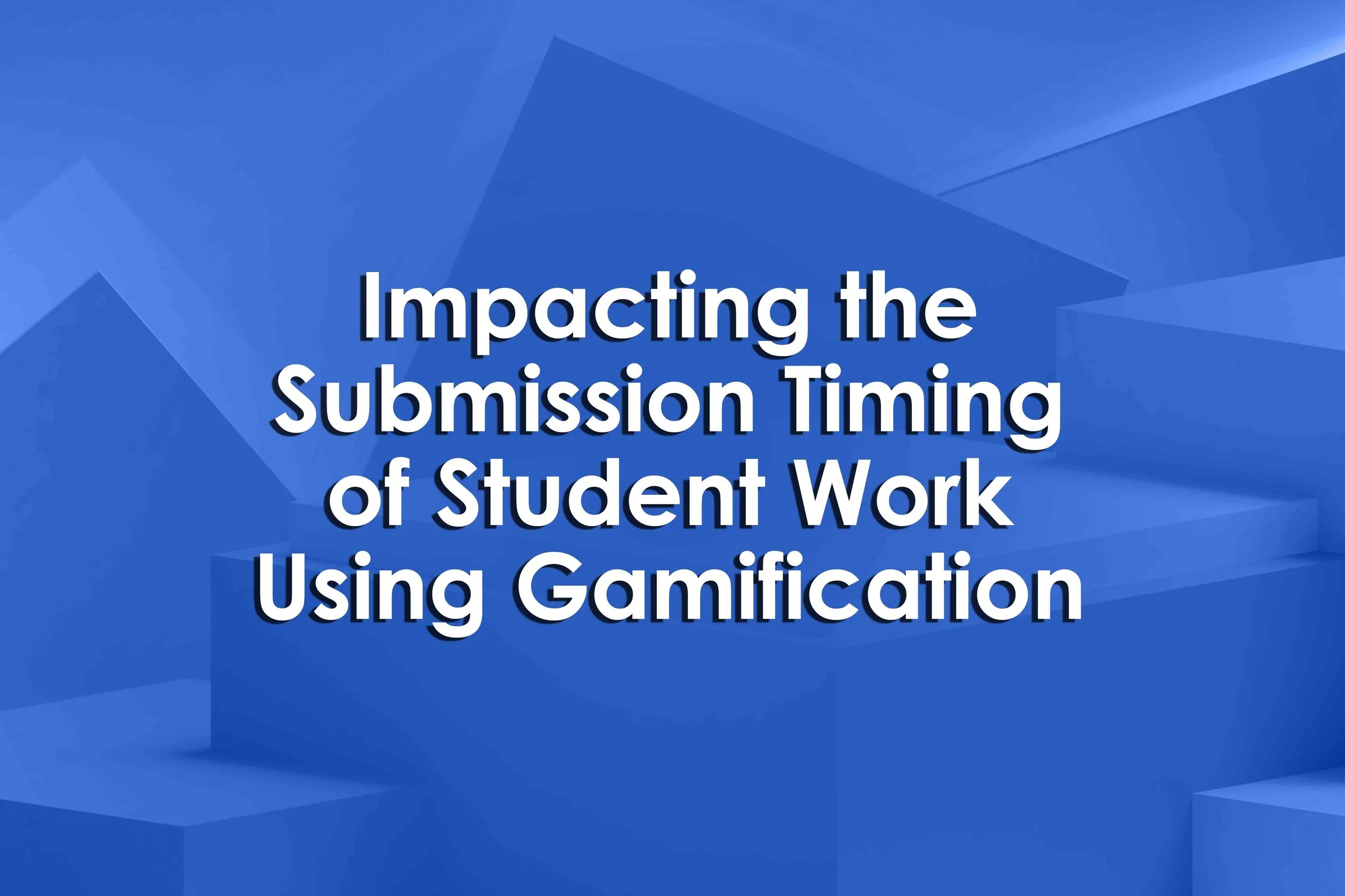Impacting the Submission Timing of Student Work Using Gamification
Impacting the Submission Timing of Student Work Using Gamification
Impacting the Submission Timing of Student Work Using Gamification
Theresia Devi Indriasari, Paul Denny, Andrew Luxton-Reilly, Danielle Lottridge
Abstract
"Peer code review is not a standard activity within university pro-gramming courses. Educators are interested in implementing peer code review because it benefits students by developing their pro-gramming skills. One important challenge to address is how to motivate students to engage with the activity. In this study, we explore gamification as an approach for motivating students to manage their review submission time through the use of game ele-ments and mechanics. We conducted a randomised controlled study and explored the review submission time from the log data and survey data. We found that the combination of game elements (i.e., battery, points, leaderboard) influenced students in the gamification group to better manage their review submission time by spread- ing the review submissions over the review period. These findings can assist academics and educators in understanding how selected game mechanics can assist in motivating students to distribute their review work more evenly over the course time period."
Reference
Indriasari, T. D., Denny, P., Luxton-Reilly, A., & Lottridge, D. (2023). Impacting the submission timing of student work using gamification. In Proceedings of the 24th Annual Conference on Information Technology Education (pp. 55–61). Association for Computing Machinery. https://doi.org/10.1145/3627217.3627218
Keywords
Gamification, Peer Review, Code Review

